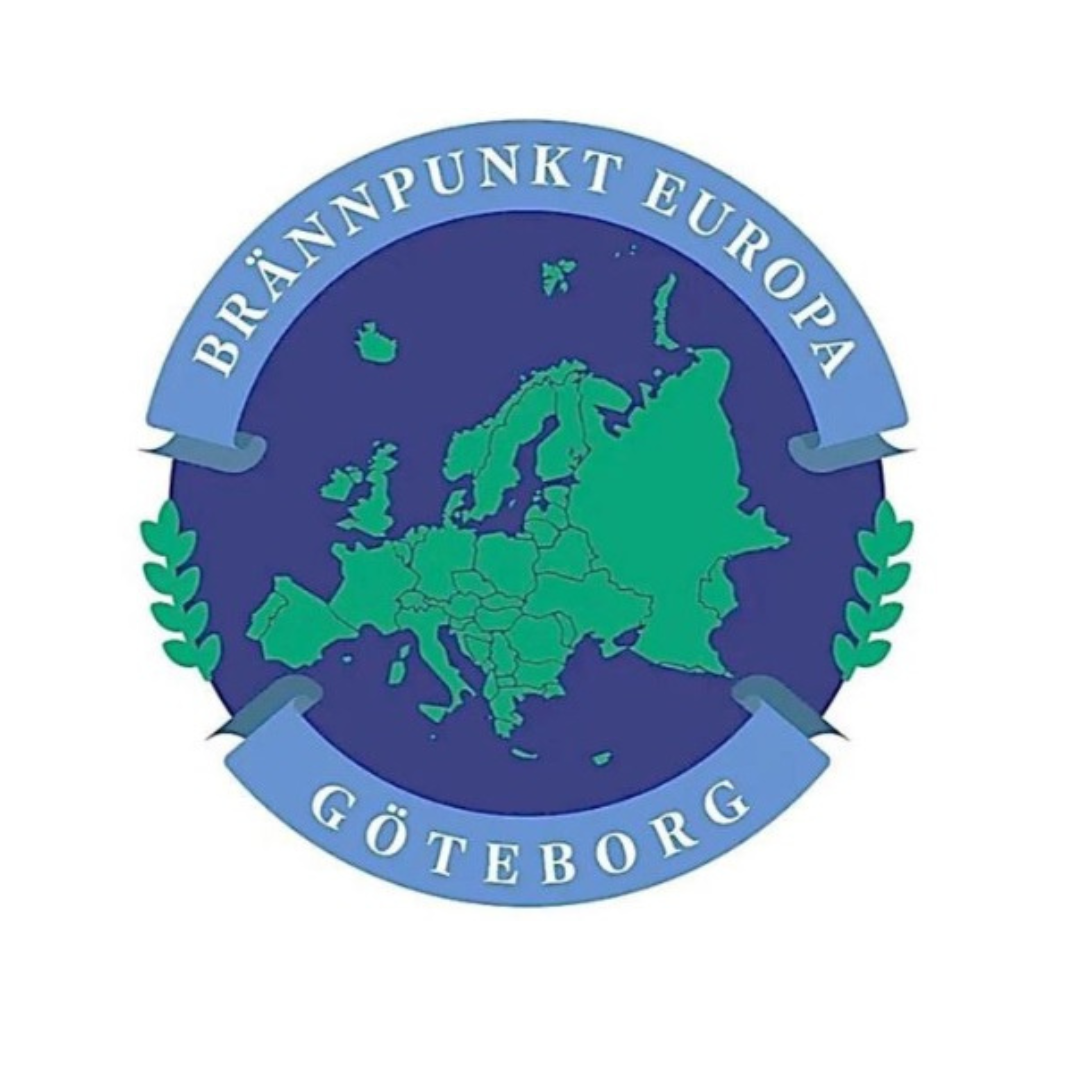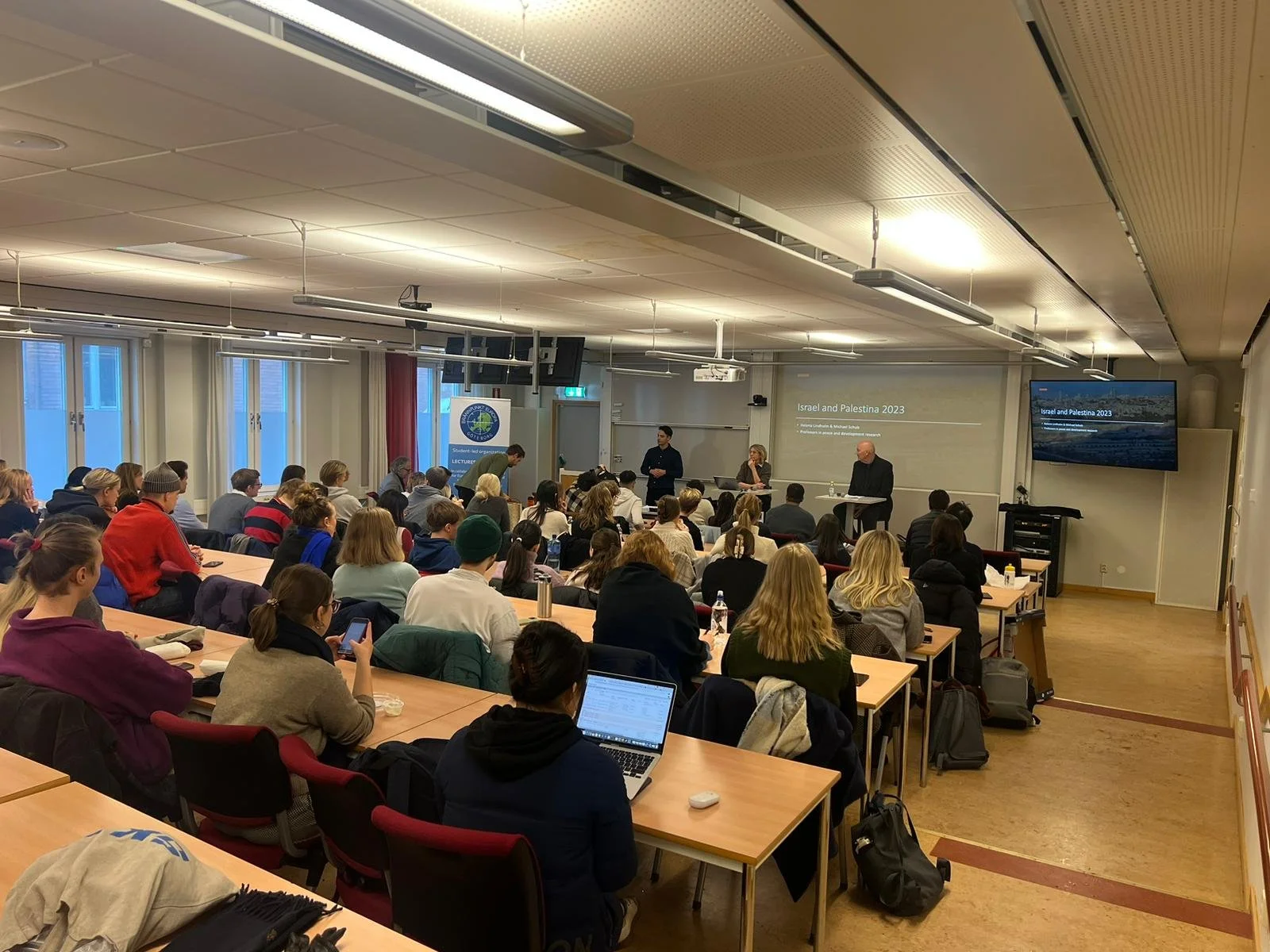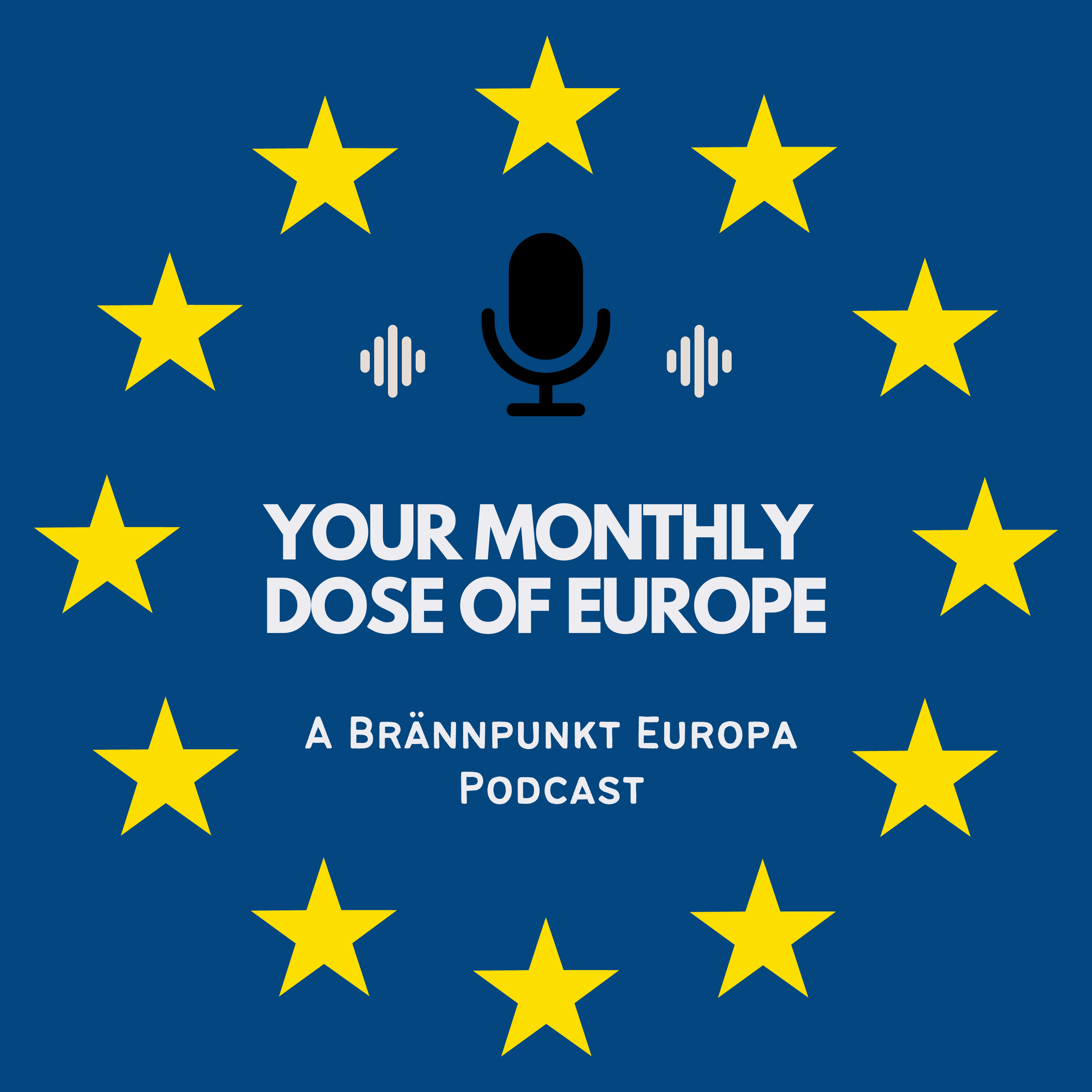A case study of sucho by Dr. Andreas Segerberg
In the face of Russia's unprovoked war against Ukraine, individuals worldwide are mobilizing to protect and preserve Ukrainian cultural heritage. One such initiative is SUCHO, spearheaded by Andreas, a member of the Department of Psychology. In a recent Brännpunkt lecture, Andreas shed light on the genesis of SUCHO: its operations, challenges faced, and the critical role it plays in safeguarding Ukraine's rich cultural legacy.
Andreas commenced the lecture by offering a glimpse into his personal journey and motivations. Working at the Department of Psychology, he found himself compelled to act in response to Russia's aggression. However, lacking the logistical background in the armament field, Andreas identified his strength in web development. This realization led to the creation of SUCHO, an organization that has grown to include over 1500 volunteers from 38 different countries.
The urgency of SUCHO's mission becomes apparent when considering the targeted nature of Russia's aggression. Ukrainian authors and individuals working in the cultural sphere are specifically singled out, indicating a concerted effort to erase their presence. "They want us to disappear," Andreas remarked. This sentiment underscores the gravity of the situation and the need for proactive measures.
The core function of SUCHO revolves around data servers and archiving, tasks that many individuals within Ukraine lack the time to address due to the ongoing war, much less the facilities to do so. The organization, with its 1500+ volunteers, operates remotely, efficiently managing these responsibilities and addressing these challenges. Impressively, SUCHO has raised a total of 218,000 euros from 243 contributors, demonstrating widespread support for its cause.
An essential aspect of SUCHO's work is the web archiving of cultural heritage sites in Ukraine. Andreas highlighted the distressing fact that 1,689 such sites have suffered damage during the conflict. He illustrated this point with a devastating example from the Kupiansk museum, where both workers and the director of the museum lost their lives to Russian shelling.
While Andreas emphasized the importance of web archiving, he also drew attention to the challenges faced. Ukraine's state archive holdings are only 0.6% digitized, a consequence of outdated equipment and limited resources. To address this, Amazon stepped in with a generous donation of equipment, valued at 250,000 euros. Andreas explained the subsequent challenge of finding operators for this equipment, leading to the allocation of additional funding for interns in digital conservation education. This initiative provided 25-30 students with scholarships to acquire essential skills in archiving. Beyond this, SUCHO extended its support to Ukraine by donating cameras, computers, power banks, sleeping bags, and first aid kits. Additionally, the organization pioneered the creation of a reservation website, a novel concept in Ukraine.
Andreas also underscored the importance of maintaining open access to this data, free from government influence. He expressed dismay at the Swedish Royal Library's inability to support Ukrainian digitization due to copyright concerns, emphasizing the paradoxical nature of this limitation during a time of war.
During the Q&A session, participants asked about the possibility of contributing archives and donations. Andreas affirmed that both archival contributions and monetary support are welcome. However, he acknowledged the challenges posed by corruption in Ukraine, making monetary donations more complex. Notably, renowned band Pearl Jam made a substantial financial contribution to SUCHO's cause.
In response to concerns about threats and infiltration, Andreas reassured the audience that SUCHO operates within a closed group, employing various security measures to safeguard its integrity. The logistics of SUCHO, while complicated, were navigated by realizing the convenience of ordering from Ukrainian vendors, providing a simultaneous stimulus to the local economy.
In conclusion, SUCHO stands as a testament to the resilience of individuals coming together to protect and preserve cultural heritage in the face of conflict. Andreas's lecture not only highlighted the organization's achievements but also emphasized the broader significance of international collaboration and individual responsibility in times of crisis. The story of SUCHO serves as an inspiration, prompting reflection on the importance of collective action in safeguarding the cultural tapestry of nations.


